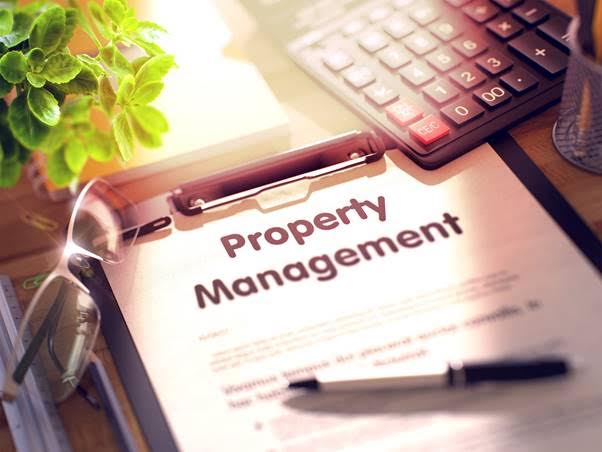Who is responsible for the management of a block of flats?
Normally, the landlord or freeholder will be responsible for the overall management of the building. However, leaseholders can also choose to manage the building themselves through a Residents Management Company (RCM). The use of an RCM enables leaseholders to take on the responsibility for the management and repair of the building, by acquiring the same responsibilities that the landlord has.
Alternatively, it has become increasingly common for landlords to use a managing agent to manage and maintain the building. Managing agents take directions from the landlord and can bring an organised, professional approach to the managing of a building.
Discerning the responsibilities for a block of flats can be complicated, so this clear and concise guide will help you to ascertain exactly what each person is responsible for.

What are the main duties of a property management company?
A property management company is usually responsible for everything from selecting tenants to handling repairs and improvements. A company can bring experience and knowledge, therefore helping to run the property in the most efficient way. Some of their duties include dealing with:
- Structure, walls and roofs
- Communal hallways
- Car parking spaces
- Cleaning, gardening and window cleaning
- Facilities onsite such as vehicle gates, lifts, smoke and fire alarms
- Health and safety / fire risk assessments and related issues
What else does a management company do?
However this is not necessarily the limit of the responsibility. A property management company also takes care of the following:
- Preparation of year end accounts
- Service charge collection
- Block building and public liability insurance
- Acting as company secretary
- Dealing with flat sales
- Service charge invoicing and arrears collection.
- Dealing with breaches of lease
How are the leasehold management company responsibilities funded?
The company’s responsibilities are funded by a mandatory contribution from the owners within the building, known as a service charge. The services to be provided are dictated by the obligations set out in the lease or transfer documents.
The service charge will usually cover the day to day expenditure for the property, such as the cleaning of communal areas, and wages for any staff who work in the building. Additionally, a reserve fund may be saved towards items of known future expenditure, such as roof replacement or repairs. A lease agreement should clearly state how service charges are being split between all residents of a building.
How are the members of a leasehold management company selected?
Typically, an RMC is made up of shareholders or members who are also the owners of the flats or houses within the block or estate. Usually the directors of the RMC are selected from the owners within the building – positions which are normally voluntary and unpaid.
The duties of a director include using independent judgment and avoiding conflicting interests. They must not accept benefits from third parties.
How is a leasehold management company set up?
Both a memorandum of association and articles of association are required for a RMC to be formed in the UK. The memorandum of association is the document that sets up the company and the articles of association set out how the company is run, governed and owned.
What are the board’s responsibilities?
- To approve the yearly company accounts
- To make decisions about the running of the RMC and the property
- To attend board meetings
- To consider the financial position of the RMC
Analysing the financial position may include setting up the service charge and planning financial goals and future requirements. The RMC’s funds are separate to the service charge funds, and a separate set of annual accounts will need to be produced each year.
What is ‘The Right to Manage’?
The Right to Manage gives leaseholders the opportunity to take over the management of their property.
The Right to Manage (RTM) was introduced through the Commonhold and Leasehold Reform Act 2002. It gives leaseholders the statutory right to take over the management of their property from the landlord by setting up a ‘right to manage company’.
They do not have to get the landlord’s permission, prove any mismanagement or obtain any court order to utilise the right.
What does a managing agent do for a leasehold management company?
Whether you are the director of a residents’ management company or you have exercised ‘The Right to Manage’, a managing agent can help you with your property management.
This is especially useful if you do not have the time to carry out all the responsibilities or need expert advice. A managing agent makes sure that clients are apprised of their legal obligations and that everything is maintained to the highest possible standards.
This includes:
- Collection of service charge and ground rent
- Management of contractors
- Compliance with relevant company and property law
- Management of on-site staff
- Preparation of budgets, financial forecasts and year-end accounts
- Handling solicitors’ enquiries on the sale of individual properties
- Engaging and management of maintenance contracts and repairs
- Administration of insurance and communal claims
- Compliance with health and safety legislation
- Attendance of meetings
- Regular property visits and inspections
If you have any queries related to leasehold or any other aspect of property management in Hertfordshire or property management in London, then please contact us to discuss your concerns.
